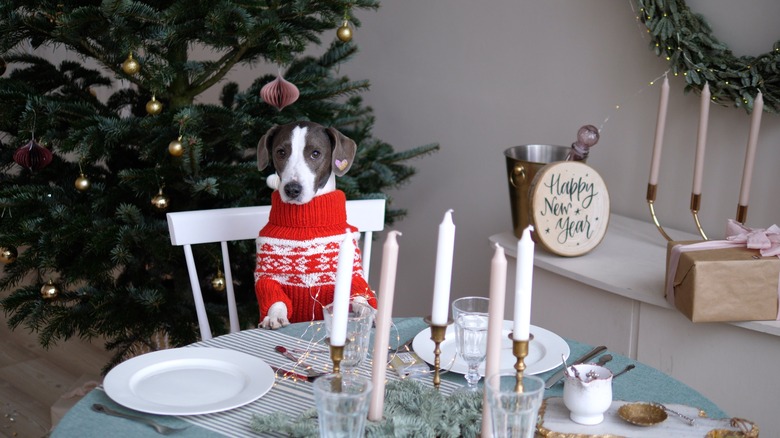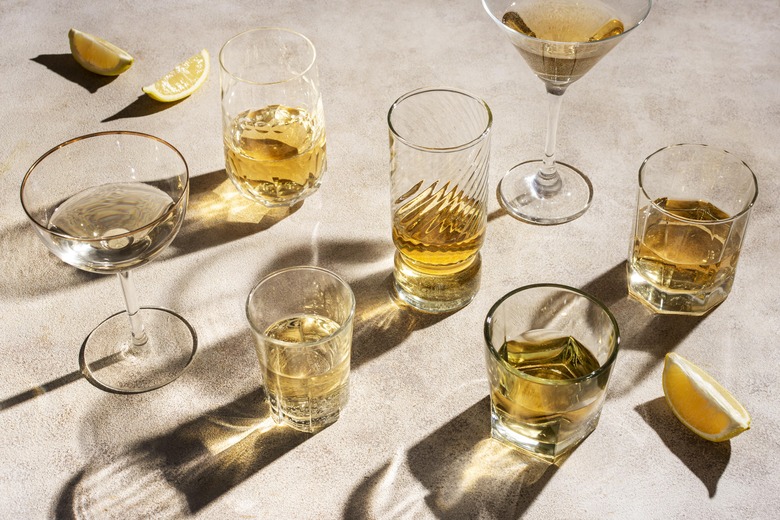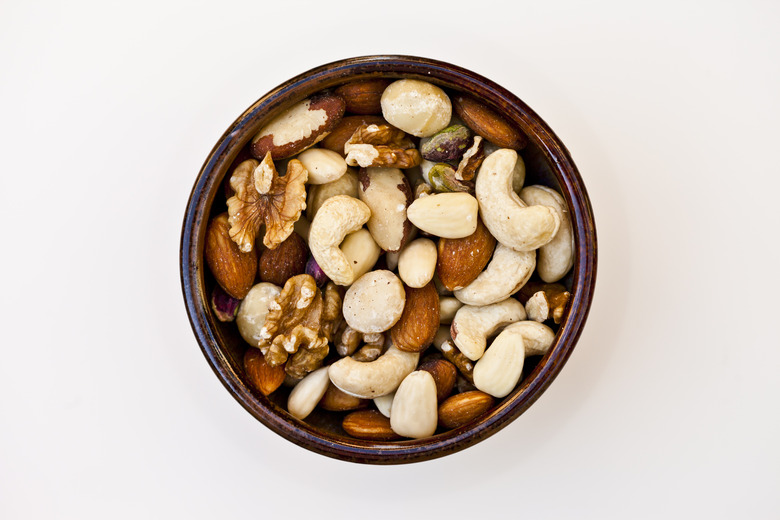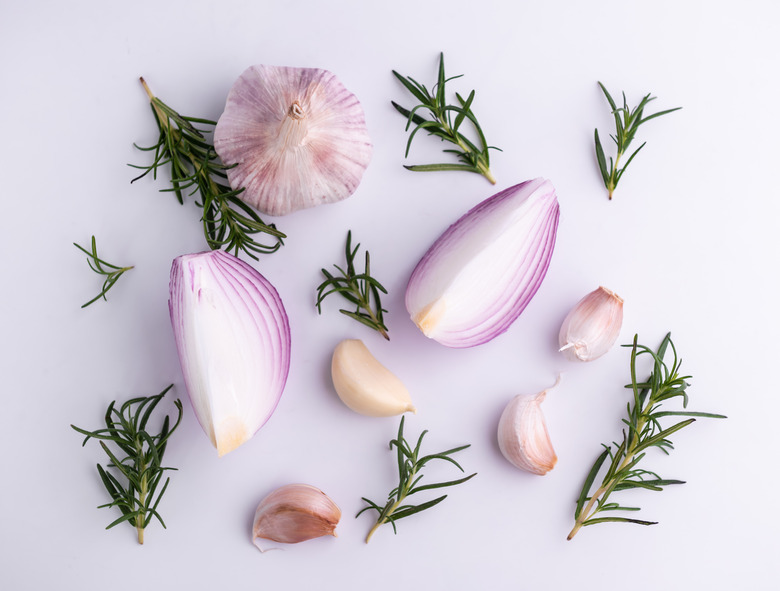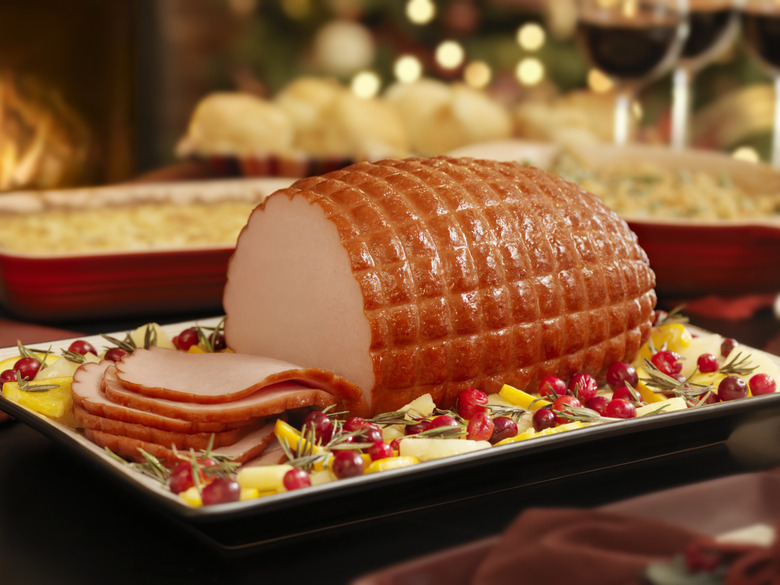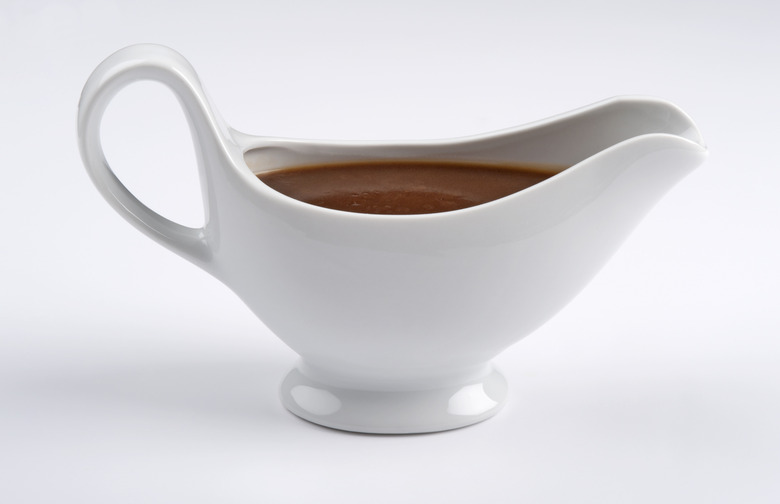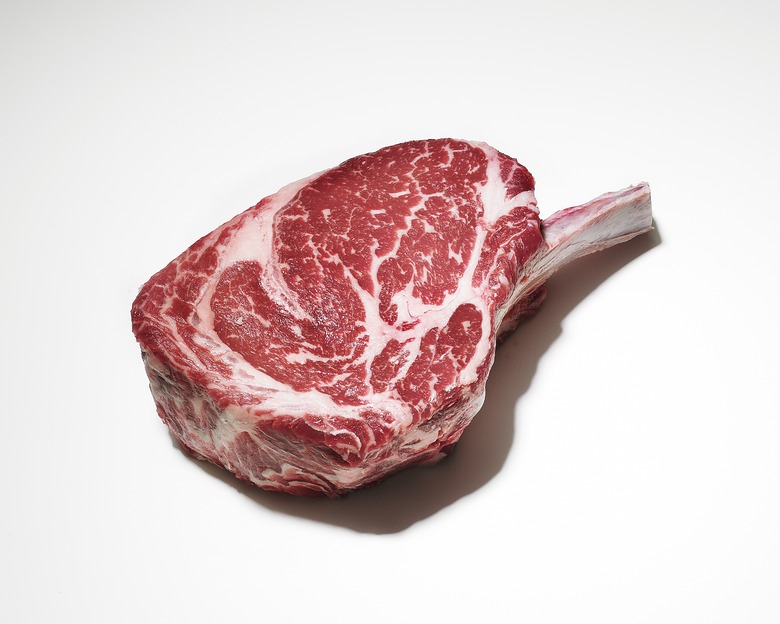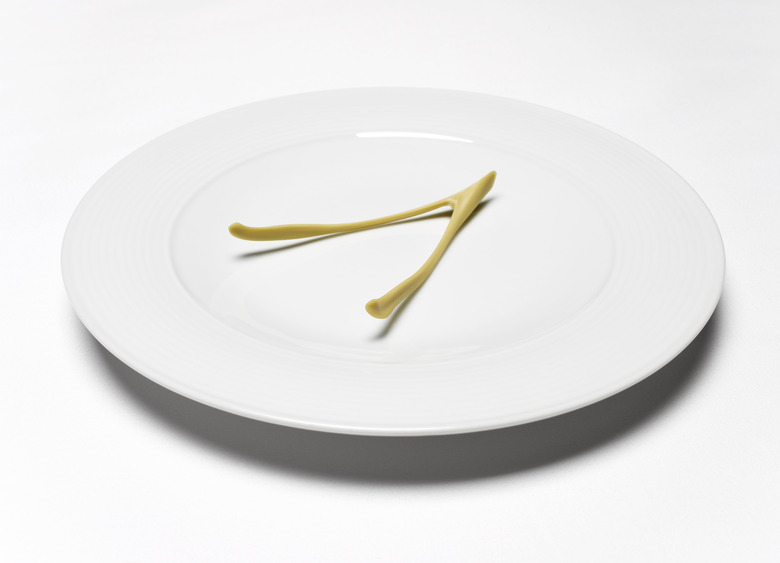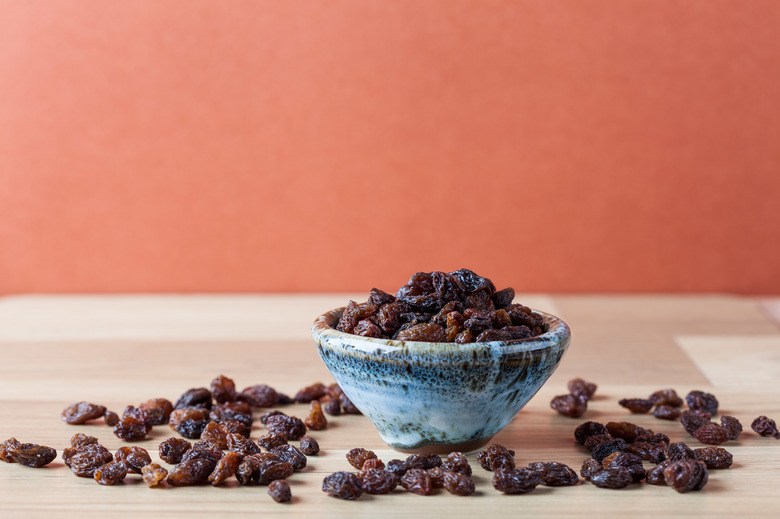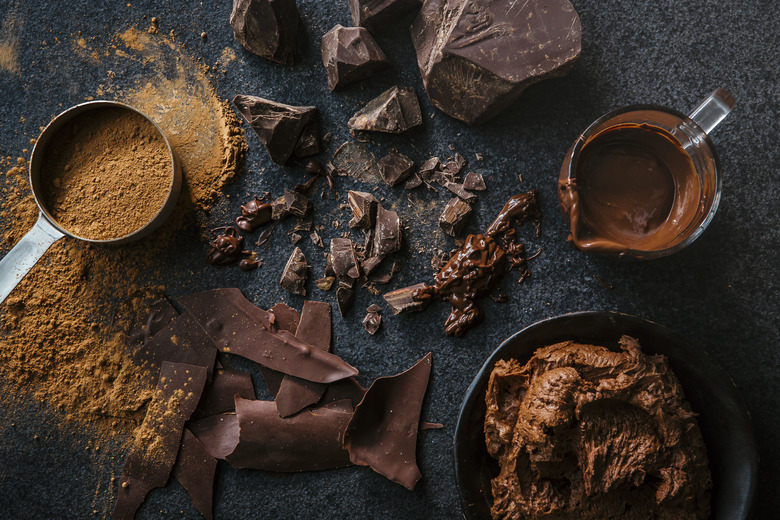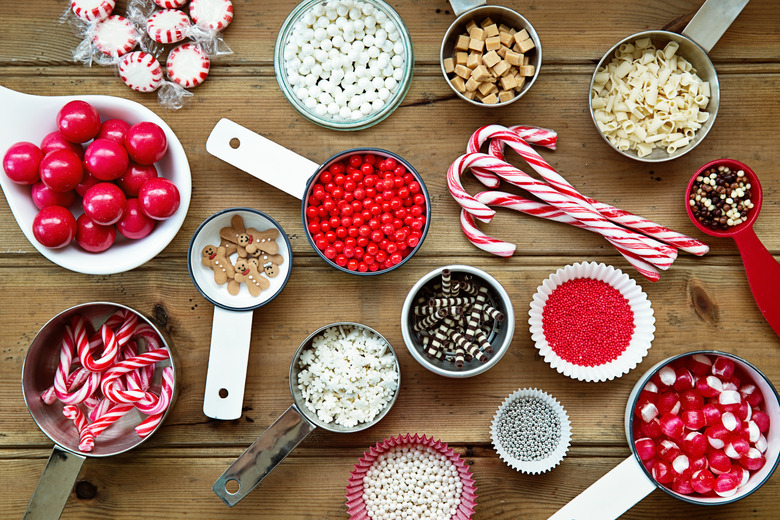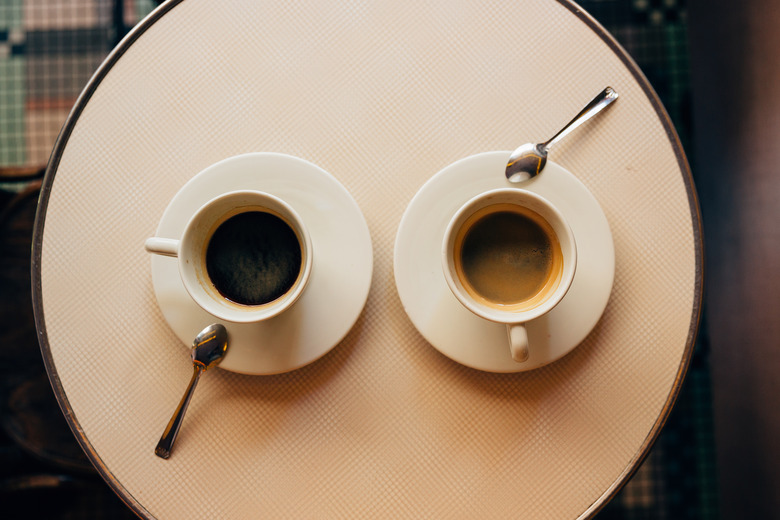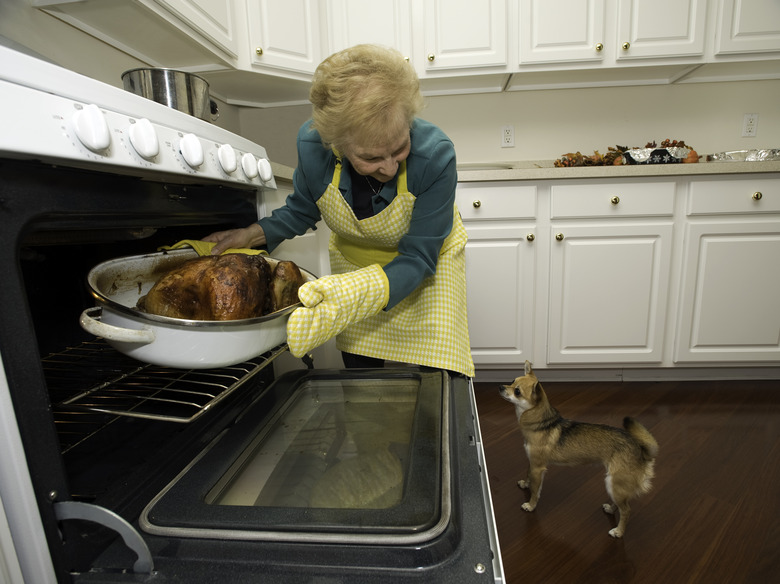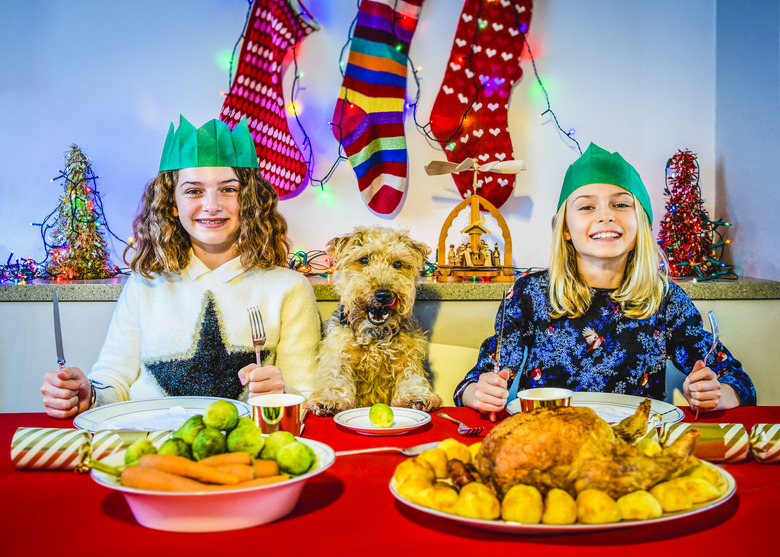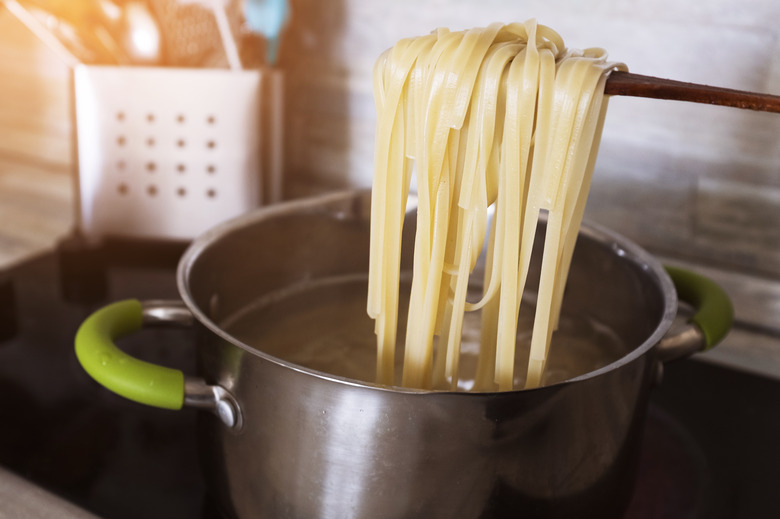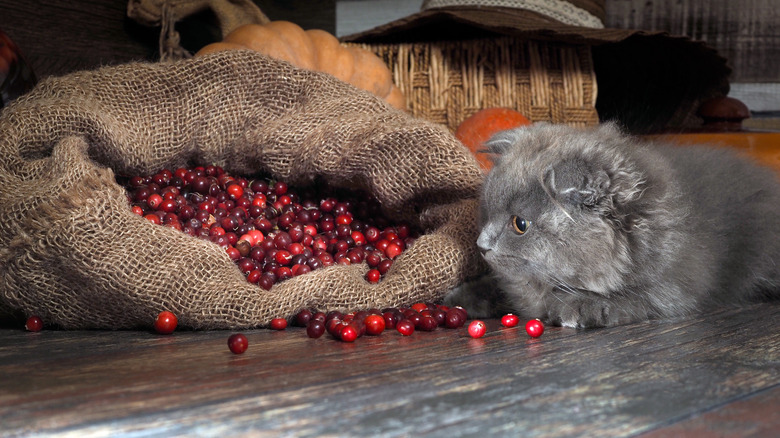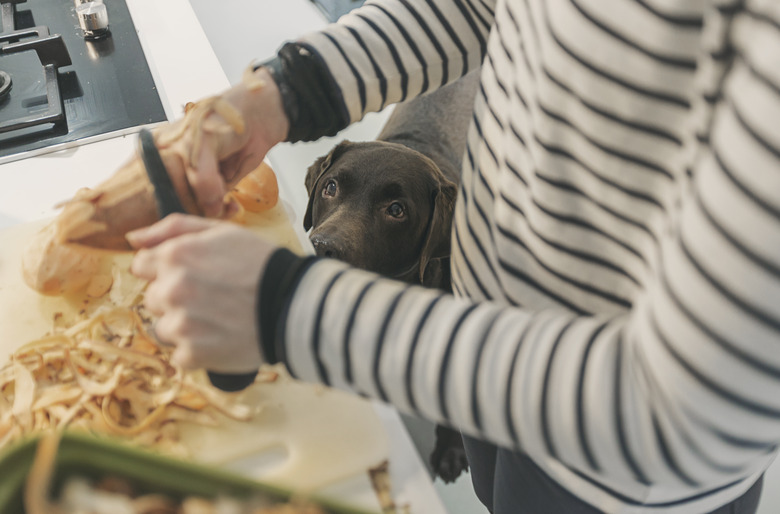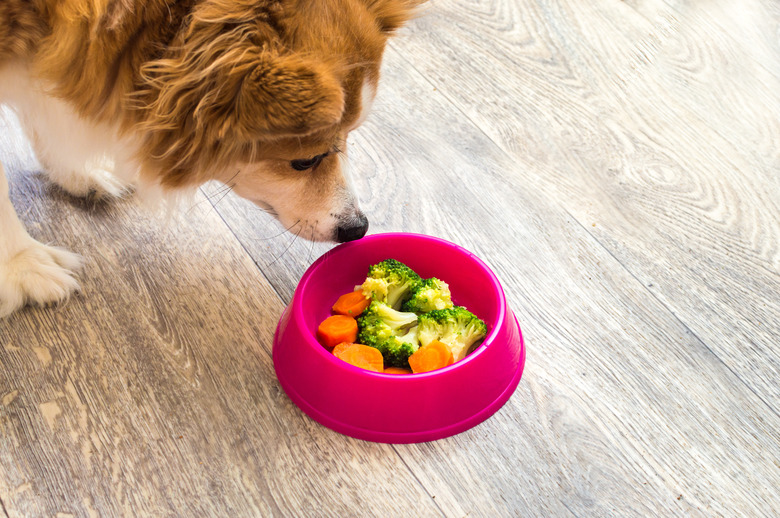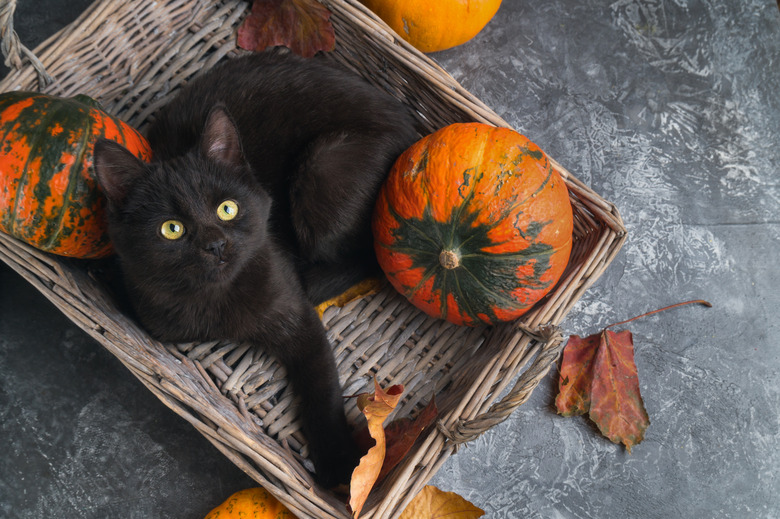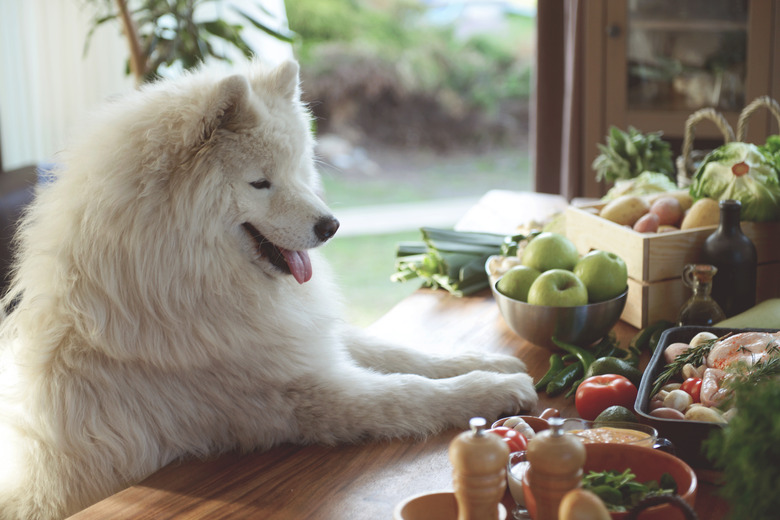Christmas Dinner Foods That Are Safe To Share With Your Cat Or Dog
- Quick facts: yes or no?
- Say no to alcohol
- Say no to nuts
- Say no to alliums — onions and garlic
- Say no to ham
- Say no to gravy
- Say no to raw meat and eggs
- Say no to bones
- Say no to raisins
- Say no to chocolate
- Say no to candy
- Say no to caffeine
- Say yes to turkey — in small and unseasoned servings
- Say yes to duck and goose — in small and unseasoned servings
- Say yes to pasta
- Say yes to (plain) cranberries
- Say yes to (plain) potatoes
- Say yes to vegetables
- Say yes to (plain) pumpkin
- Say yes to fruit
- Keep portions small
- Keep emergency information on hand
Christmas is nearly here, and this festive time of year is filled with friends, family, and good food. Sharing meals with loved ones is a great way to celebrate the season, but it's important to keep our pets safe, and that sometimes means not sharing. Unfortunately, many of our favorite holiday foods aren't safe for pets to eat. If you are looking to spoil your pet this holiday season, here are some favorite Christmas treats that you can and can't safely share with your pets!
Quick facts: yes or no?
Quick facts: yes or no?
Yes:
- Turkey (in small and unseasoned servings
- Duck and goose
- Pasta
- Plain cranberries
- Plain potatoes
- Plain vegetables
- Plain pumpkin
No:
- Alcohol
- Nuts
- Alliums (garlic, onions and related foods)
- Ham
- Gravy
- Raw meat and eggs
- Bones
- Raisins
- Chocolate
- Candy
- Caffeine
Say no to alcohol
Say no to alcohol
Toast to the season, but be sure to keep the alcohol away from your pets. Alcohol is very dangerous to them and can lead to vomiting, diarrhea, tremors, difficulty breathing, and in the most serious cases. death. Do not allow any of your guests to give your pets alcohol and be careful with leaving glasses around anywhere your pet could access them. The ASPCA advises that if at any point you suspect your pet has consumed alcohol, you should immediately contact an emergency veterinarian.
Say no to nuts
Say no to nuts
Nuts sound healthy, but they aren't good for our pets. They are high in fat and oil, which can lead to vomiting, diarrhea, and even pancreatitis in pets. Nuts that are particularly harmful (that are some Christmas favorites) include almonds, walnuts, and pecans. Be aware, as these nuts may be hiding as an ingredient in a variety of holiday side dishes and baked goods.
Say no to alliums — onions and garlic
Say no to alliums —
onions and garlic
One of the most common ingredients in many Christmas dishes is alliums, which include onions, chives, and garlic. Alliums make some of our favorite dishes more flavorful, but if your pet eats them, they can lead to gastrointestinal irritation. The ASPCA explains that in large enough quantities, onions or garlic could even result in damage to your pet's red blood cells.
Say no to ham
Say no to ham
If you're serving ham this Christmas season, be sure to keep the meat away from your pets. Ham is high in fat and has a very high salt content, which can make both dogs and sick. Salt is used as a preservative in most hams and this can also be toxic to pets. For them, consuming ham can lead to excessive thirst, vomiting, and diarrhea. In the most extreme cases, too much salt can also lead to kidney damage, seizures, or death.
Say no to gravy
Say no to gravy
What makes a gravy so tasty to us is that it includes herbs and alliums as well as salt — none of which our pets should be eating. These ingredients aren't safe for pets to consume — a gravy is high in fat, which can lead to dogs developing pancreatitis. Pancreatitis is caused by inflammation of a dog's pancreas. Symptoms include vomiting, lethargy, abdominal pain, fever, and loss of appetite. If you want to share some gravy, processed bone broth and other gravy sauces are specifically prepared for dogs and cats. These are great alternatives for a special and safe Christmas treat.
Say no to raw meat and eggs
Say no to raw meat and eggs
When cooking your Christmas meal, be sure to avoid feeding or letting your pets get any raw meat or eggs. Raw meat can contain Salmonella and Ecoli, which can lead to gastrointestinal upset and leave your pets not feeling very well for the holiday.
Say no to bones
Say no to bones
If you're cooking meat this Christmas, be very careful with any bones and keep them away from your pets. If consumed, bones can lead to your pets choking. Bones from turkey or other holiday meats can also cause an obstruction or splinter while being eaten and perforate your dog or cat's digestive tract. Be careful to also keep your pets away from trash cans or compost, to ensure your pets don't accidentally get access to any bones.
Say no to raisins
Say no to raisins
Many Christmas baked goods (including fruit cakes, some cookies, and holiday breads) have raisins included in the recipe. Raisins, like the grapes they are made from, are extremely toxic to dogs and cats, and if consumed, can lead to kidney failure. If you have any Christmas treats containing raisins, be careful to keep these baked goods off of coffee tables, and out of reach of your pets.
Say no to chocolate
Say no to chocolate
Chocolate is poisonous to dogs and cats, it contains theobromine which when ingested, is toxic to our pets. Symptoms of having eaten chocolate include painting, vomiting, and diarrhea. If left untreated, the poisoning can progress to tremors, abnormal heart rhythms, and even seizures or death. Darker chocolate used for baking generally has the highest levels of theobromine, which makes it especially dangerous if pets eat it. Be sure to keep chocolate treats from stocking stuffers, as well as baked goods with chocolate, out of reach.
Say no to candy
Say no to candy
Beyond chocolate, make sure not to let your pets have access to any holiday candy this Christmas season. Xylitol is used as a sweetener in a variety of foods including candy, baked goods, and gum. This sweetener is extremely toxic to both dogs and cats. Even if your pet only ingested a small amount, it can still be fatal. Symptoms of xylitol poisoning can be vomiting, seizures, and can lead to liver failure.
Say no to caffeine
Say no to caffeine
You might want to indulge in a festive coffee, but it's important not to share caffeinated treats with your pets. Coffee, tea, soda, and other caffeine drinks are dangerous for pets. Consuming caffeinated beverages can lead to abnormal heart rhythms, seizures, and even death. Most pets aren't going to be all that interested in drinking your caffeinated drink anyway. However, if your dog or cat comes into contact with any tea bags or coffee grinds in your trash can, be sure to keep them away from these
Say yes to turkey — in small and unseasoned servings
Say yes to turkey — in
small and unseasoned servings
If you're cooking turkey for Christmas, it is safe for your pet to eat but you'll want to be thoughtful about how much you share. If you want to share, be sure to find out how the turkey was prepared. Avoid sharing any turkey that is salted or if it has been seasoned with garlic, onions, or marinade. Plain, cooked, deboned turkey (in small quantities) however, is a safe Christmas treat for you to share with your pets.
Say yes to duck and goose — in small and unseasoned servings
Say yes to duck and
goose — in small and unseasoned servings
If you'll be cooking goose or duck this Christmas, it's safe to share with your pets — but like turkey, you'll want to be thoughtful about how much you share. Avoid sharing goose or duck if it has been cooked with garlic or onions. But plain, cooked, deboned goose and duck in small quantities are safe to share. Keep in mind that both duck and goose are very rich meats and can also lead to stomach upsets for pets.
Say yes to pasta
Say yes to pasta
If you serve macaroni and cheese or any other pasta as a side dish on Christmas, it's safe to share small quantities of the plain cooked pasta with your pets. Be sure to confirm that the pasta hasn't been cooked with garlic, onions, or other herbs and spices, and keep in mind that dairy also isn't good for dogs and cats, and can lead to gastrointestinal distress.
Say yes to (plain) cranberries
Say yes to (plain) cranberries
Raw cranberries are a safe treat to share with your cats and dogs but in limited quantities. However, if you're making homemade cranberry sauce, or serving cranberry sauce out of a can, you'll want to avoid sharing either of these. Cranberry sauce usually contains a lot of sugar, and consuming it can lead to health complications including diabetes and obesity. If you're using fresh cranberries to garnish salads or making fresh cranberry sauce, you can dice some up and give them as treats or meal toppers for your dog.
Say yes to (plain) potatoes
Say yes to (plain) potatoes
Potatoes are safe to share with your pets, so long as they are plain and unseasoned. Most of us prefer to eat our potatoes prepared with butter, cream, sour cream, garlic, and onions, all of which are too rich and toxic to our pets. If you want to give your pets some potatoes on Christmas, take a spoonful of the cooked potatoes before you season them and set them aside.
Say yes to vegetables
Say yes to
vegetables
Many vegetables including green beans, carrots, squash, are safe to share with your pets this Christmas. Although the vegetables themselves are safe for pets, consider how they are prepared before sharing. Many have been prepared in butter, herbs, sauces, or other seasonings, which can make your pets sick. Plain vegetables on their own are a low-calorie treat that many pets enjoy so, hold a few veggies aside without the seasonings to share with them.
Say yes to (plain) pumpkin
Say yes to (plain) pumpkin
Pumpkin is great for pets and is a good source of fiber, and can improve gastrointestinal health for dogs! If you want to share any pumpkin with your pets, be sure to only give small amounts of pure unsweetened pumpkin puree, (not pumpkin pie filling). The pumpkin filling for pie includes added spaces and sugars — which aren't safe. Though Plain pumpkin puree out of a can is safe. It can also make a great additive to put on top of your dog's regular food — to give it a festive touch to their Christmas meal.
Say yes to fruit
Say yes to fruit
It's perfectly safe to share many fruits with your pets. If you're making a fruit salad to go with your Christmas dinner, or are using fresh fruit to bake into pies or other desserts, you can share bits of that fruit with your pets. Fresh apples, cranberries, strawberries, blueberries, bananas, pears, and strawberries are all safe for dogs and cats to snack on.
Keep portions small
Keep portions small
If you're ever unsure if a festive favorite is safe to share or not, keep the portions small. It's always safest to err on the side of not upsetting a pet's stomach (for both your sake and theirs).
Keep emergency information on hand
Keep emergency information on hand
Check the hours of your family's veterinarian as you head into the holiday season. Be sure to know the name, hours, and location of your closest emergency vet as well.
It's also a good idea to keep Pet Poison helpline information handy during holidays that involve lots of people and food. You can use the Pet Poison helpline website for free, or, if the situation warrants it, call their 24-hour helpline at (855) 764-7661. (Just know that a $75 "incident fee" applies if you call the helpline.)
